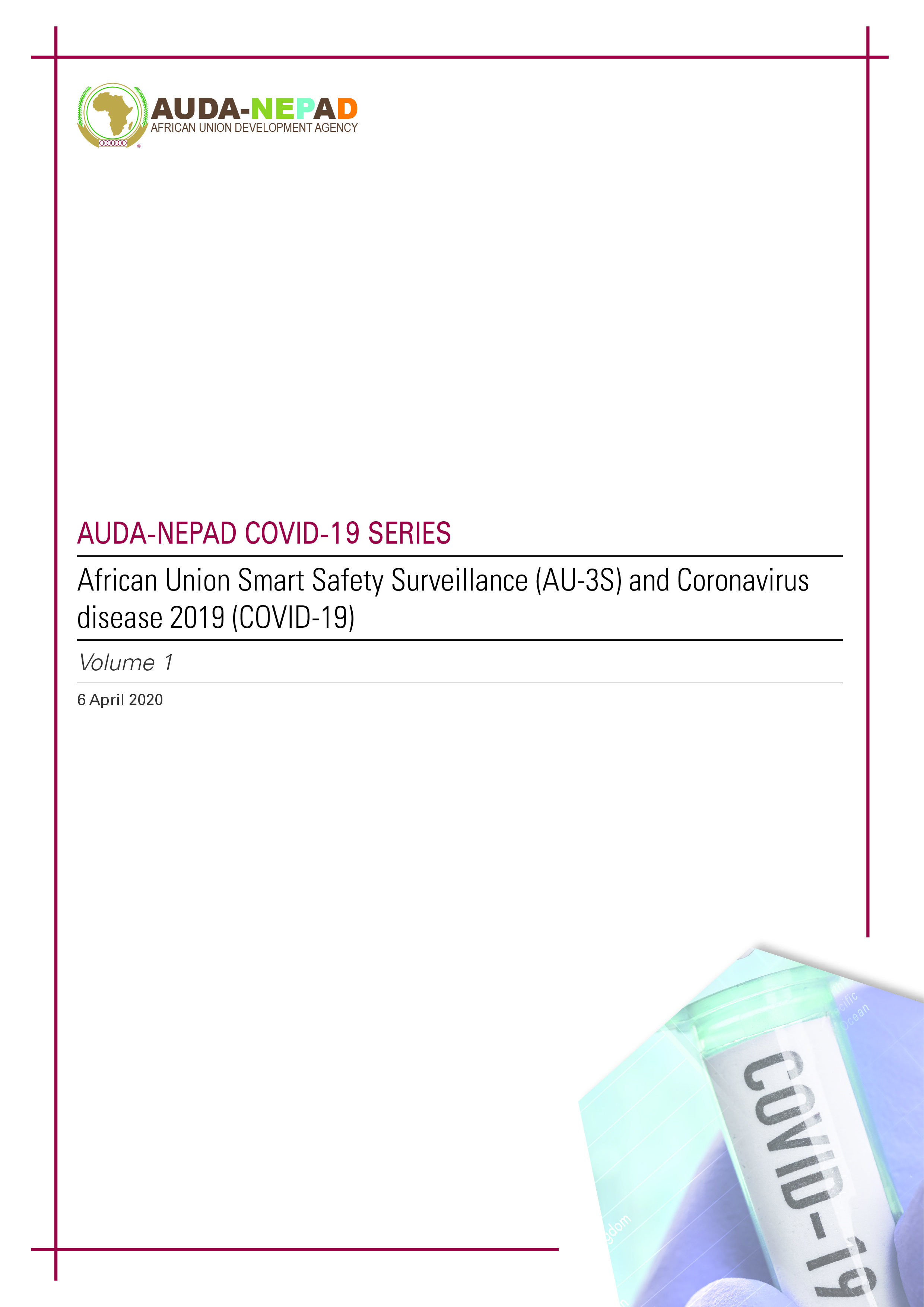What are the safety challenges of COVID-19?
Generally, the safety of vaccines, medicines, medical devices and other medical products are monitored and managed to ensure their safety. The detection, assessment, understanding and prevention of adverse effects or any other medicine-related effect is to ensure that the medical products and other health technologies are safe throughout the product life cycle. It is an essential public health activity designed to ensure that interventions, including medical products and other health technologies, retain a favourable benefit-risk profile throughout their entire life cycle .
Clinical trials are undertaken in well-controlled environments, for short periods, and do not generally include special populations (such as pregnant women, children and the elderly) and often exclude participants with co-morbidities. Therefore, at the time of granting marketing authorization for real-world use of products, information on their safety and efficacy is limited, and post-market surveillance becomes key in collecting point of application data on any medical product and other health technology.
Hitherto, high-income countries (HICs) did the trials, collected the safety data, and LMICs relied on them, but this has changed. Increasingly, new medical products and other health technologies are being launched for the first time in Africa and many Lower/Middle-Income Countries (LMICs) to manage diseases that are endemic in these regions which are not of concern in the HICs. Safety data for Africa to rely on is significantly reduced, and Africa has the responsibility of collecting and managing her safety data.
COVID-19 pandemic, like many emergencies, brings an additional dimension to this difficulty. The shortening of the time and path to market for many interventions become even more justifiable. In the specific case of COVID-19, products like alcohol-based sanitizers, test kits, vaccines, medications and ancillary health products are needed to save human lives. The urgency, therefore, necessitates that processes, regulations will be relaxed or abridged to allow for products to be made available in a timely manner. These flexibilities have their inherent risks that may worsen the safety of the citizens of Africa.

